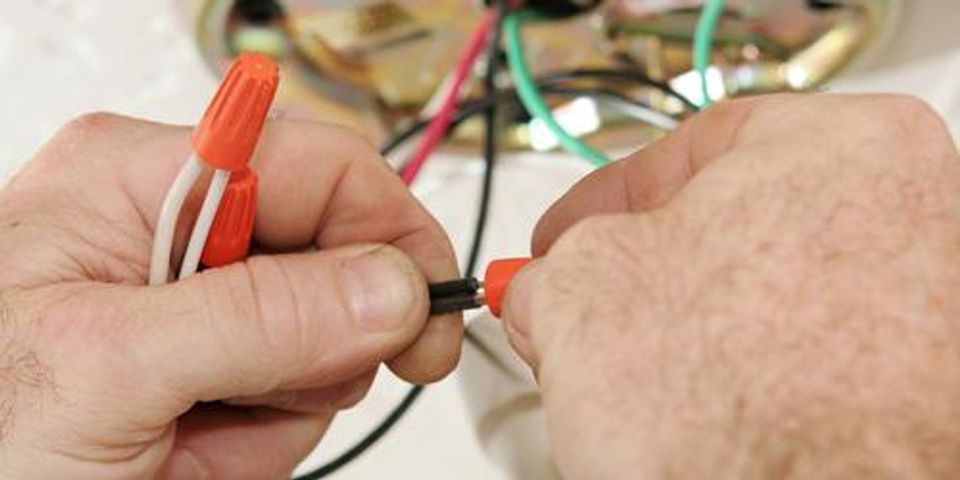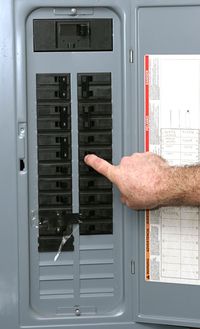Dayton’s Residential Electrician Shares 3 DIY Electrical Tasks

When repairing or upgrading your home’s electrical system, you should contact a reliable residential electrician to handle the job. However, there are some instances in which you can take the DIY approach. While big jobs require hiring an electrical contractor, most homeowners can tackle the basic tasks listed here, as long as they take the proper precautions. Remember that when you’re doing any electrical work, safety is key. Turn off any necessary breakers and unplug any appliances, as needed.
3 Jobs You Don’t Need To Be A Residential Electrician To Complete
1. Replace Extension Cord Plugs
If the plug on your extension cord is damaged—those prongs can get bent out of shape after a lot of use—you don’t need to buy a new one. You can pick up a replacement plug at any hardware store. Remove the old plug with wire cutters and strip a section of the cable housing about 1 inch in length. Strip another half-inch section of the three wires inside and attach them to the terminal insides of the replacement plug.
2. Label The Breaker Panel
 This simple upgrade will save you a lot of headaches in the future, and you don’t need to be a licensed residential electrician to handle it. First, determine which breaker switch applies to which appliances and fixtures. This can be handled efficiently with another person. As you flip each switch, have your partner let you know what section of your home was affected by it. Use a cell phone to reply as you’ll be moving through each room of your house. Next, label the breakers accordingly with a marker. This will make doing any future electrical work in your home easier.
This simple upgrade will save you a lot of headaches in the future, and you don’t need to be a licensed residential electrician to handle it. First, determine which breaker switch applies to which appliances and fixtures. This can be handled efficiently with another person. As you flip each switch, have your partner let you know what section of your home was affected by it. Use a cell phone to reply as you’ll be moving through each room of your house. Next, label the breakers accordingly with a marker. This will make doing any future electrical work in your home easier.
3. Switch To LED Light Bulbs
If you still use incandescent bulbs, it’s time to equip your home with energy-efficient LED lights. LED lighting will save you money in a number of ways: first, LED bulbs last five times longer than standard incandescent lights, averaging out to 20,000–50,000 hours of use. With an extended lifespan, you’ll replace LED light bulbs less frequently than incandescent models. LEDs also require significantly less power than incandescents—it only takes 6 to 8 watts to produce the same brightness as a 60-watt incandescent light bulb. When you use LED lighting in your home, you’ll save money on your utility bills and contribute to a greener, healthier planet.
For tasks that you can’t or shouldn’t handle on your own, contact the residential electricians at Jeff Bonham Electric, based in Dayton, OH. With decades of experience in the industry, they have the knowledge to provide top-quality service. Contact them online for more info or call (937) 233-7662.
About the Business
Have a question? Ask the experts!
Send your question

